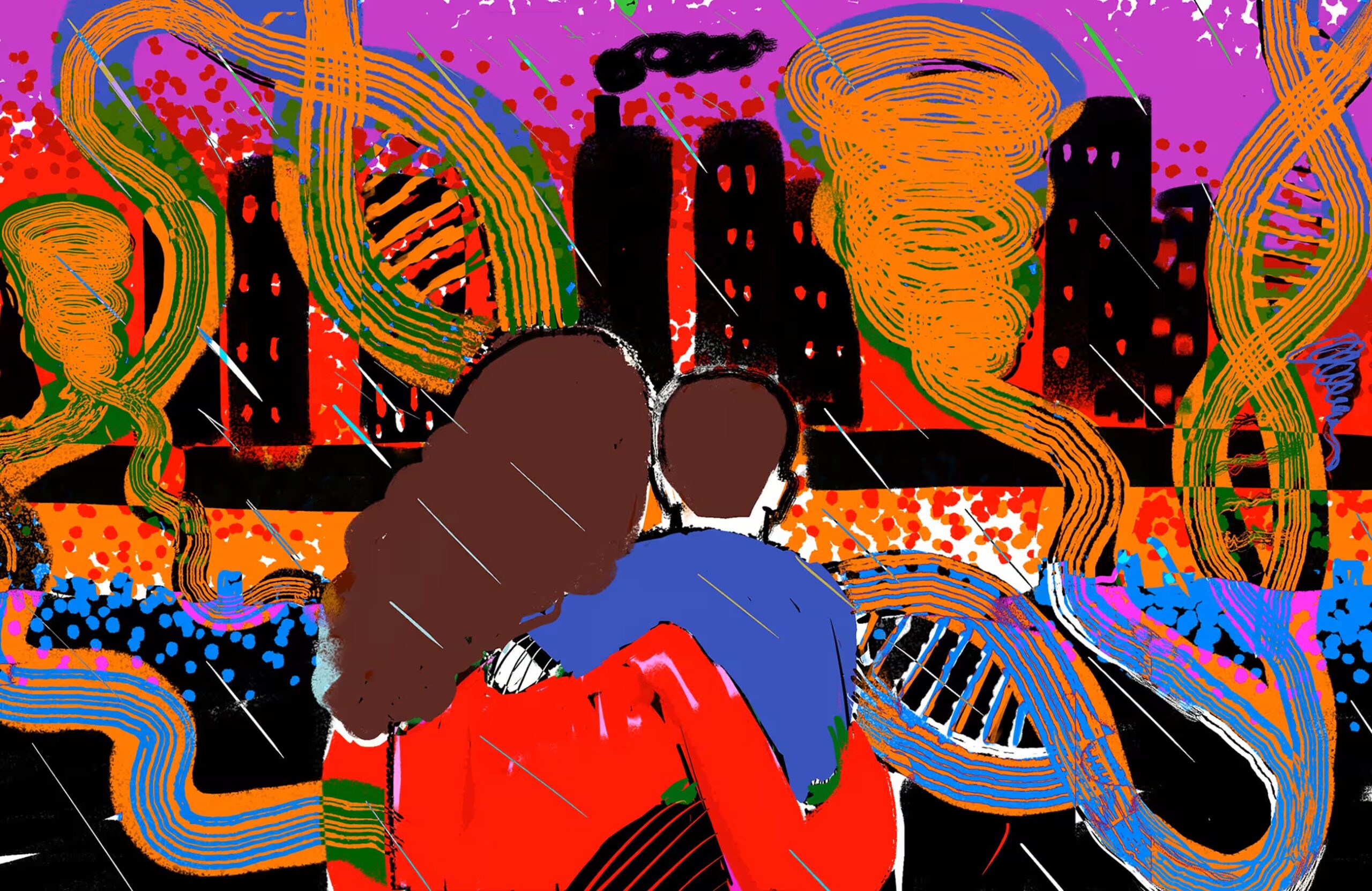
In late October 2012, Superstorm Sandy struck New York City with devastating force, causing over $60 billion in damage, claiming lives, and necessitating the evacuation of thousands from hospitals and nursing homes. This catastrophic event unwittingly provided cognitive neuroscientist Yoko Nomura with a unique research opportunity. Before Sandy’s landfall, Nomura had been conducting the Stress in Pregnancy study with a group of pregnant women in New York to examine how prenatal stress affects unborn children, focusing on its potential to alter gene expression related to neurobehavioral disorders like autism, schizophrenia, and ADHD through epigenetics.
The disaster introduced a critical new dimension to her study. Nomura was particularly interested in the subset of her participants who were pregnant during the hurricane, aiming to determine if the prenatal stress from experiencing such a disaster could have a distinct impact on their children compared to those conceived before or after the event.
Years after the storm, Nomura’s findings are profoundly revealing. Children who were in utero during Sandy show significantly higher risks of psychiatric conditions. For instance, girls exposed to the storm before birth have seen a dramatic increase in anxiety and depression rates in later life, while boys show heightened risks of ADHD and conduct disorder. Symptoms of these conditions have appeared as early as preschool, underscoring a stark difference in mental health outcomes based on prenatal exposure to stress. Read More
News Credit: The Guardian
Picture Credit: Ngadi Smart/The Guardian



